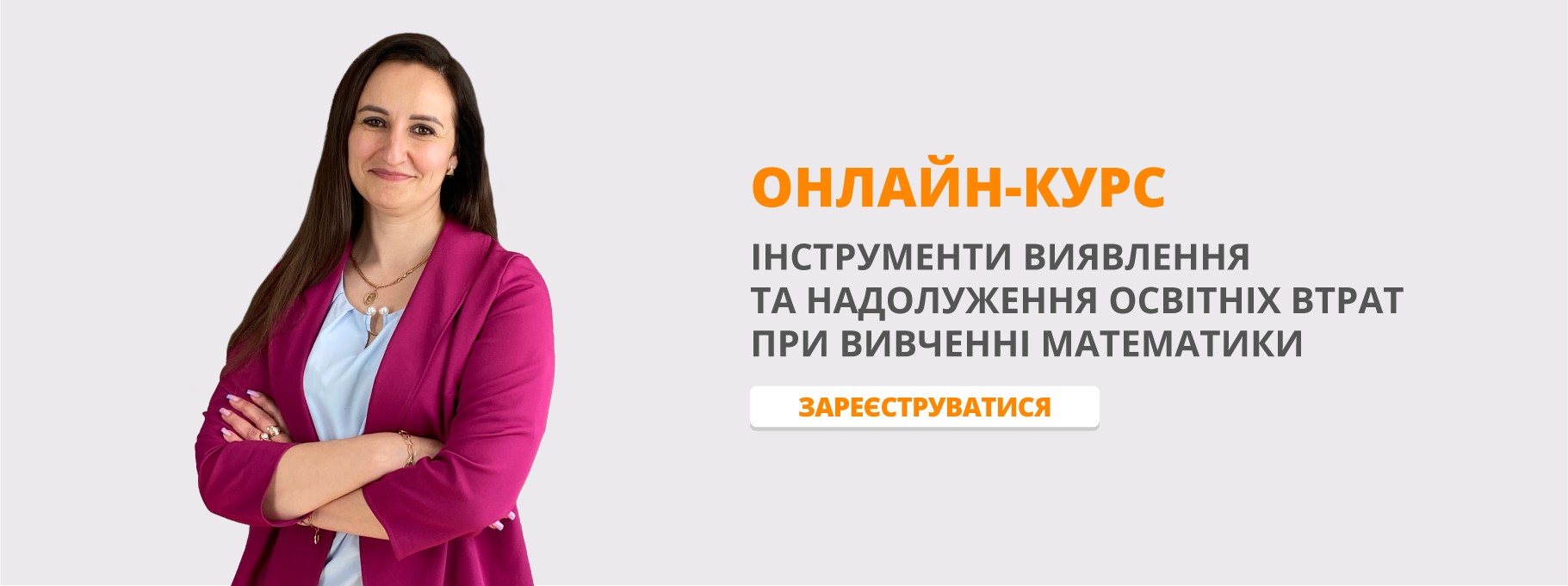Матеріали до уроків. Видатні українці." Михайло Остроградський"
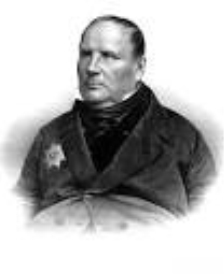 Among the most famous mathematicians in
Among the most famous mathematicians in
the world is our countryman –
Mykhailo Vasyliovych Ostrogradskyi.
Mykhailo Ostrogradskyi is considered one of the leading mathematicians of the middle of the 19th century.
![]() In 2001, UNESCO included
In 2001, UNESCO included
Mykhailo Vasyliovych Ostrogradskyi to the list of outstanding mathematicians of the world.
He was born on September 24, 1801 in the village of Pashenivka. He spent his childhood in his native estate in the village. Since childhood he was interested in mathematics, he measured various objects: carts, trees, the depth of ravines and wells.
In 1809, he was taken to Poltava to the gymnasium, where he studied until 1816, when he decided to become a soldier. However, on their way to St. Petersburg he and his father stopped by their uncle, and he persuaded Mykhailo to enter Kharkiv University.
In 1816 he became a free student at Kharkiv University, and from 1817 - a student of the Faculty of Physics and Mathematics. Interest in mathematical sciences was formed under the influence of the university teacher Ivan Pavlovsky. Mykhailo Ostrogradskyi studied with "excellence" and as the best graduate of 1820 he was awarded the degree of candidate.
Author of 40 works on mathematical analysis (integration of rational functions), mathematical physics (differential equations of heat propagation in liquid solids), theoretical mechanics (principle of possible movements, variational principles of mechanics, impact theory, theory of elasticity, wave propagation on surfaces liquids), written mainly in French, published in "Memoirs" and "Bulletins" of the St. Petersburg Academy of Sciences. Ostrogradsky discovered the method of integration of rational functions (Ostrogradsky's method) and established the formula for transforming the volume integral into the surface integral, named after him (Ostrogradsky's formula, 1828, published 1831). One of the founders of the St. Petersburg school of mathematics. The world knows his research in number theory, algebra, probability ![]() theory and calculus of variations. A well-known popularizer of scientific knowledge.
theory and calculus of variations. A well-known popularizer of scientific knowledge.
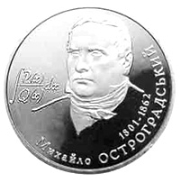 He published the works of L. Euler, K. Gauss, and others at his own expense. Author of a number of popular scientific articles, textbooks and educational and method logical publications.
He published the works of L. Euler, K. Gauss, and others at his own expense. Author of a number of popular scientific articles, textbooks and educational and method logical publications.
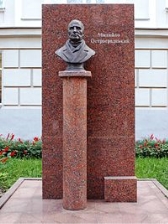 M. V. Ostrogradskyi's work carries the tool he developed for extracting the rational part of an indefinite integral, which made it possible to algebraically present it as the sum of two additions, and the second addition does not contain a rational part. The Green-Ostrogradsky formula (1828) expresses the transformation of the integral calculated over the volume bounded by a certain surface into the integral calculated over this surface. He generalized this formula in 1834 to the case of an n-fold integral. He derived the formula for converting double integrals into triple integrals. In 1836, together with K. G. Ya. Jacobi and E. Sh. Catalan, he developed a method of replacing variables in multiple integrals. Regardless of UR.Hamilton discovered the principle of least action (Hamilton-Ostrogradsky principle). Other works are devoted to problems of calculus of variations, integration of algebraic functions, number theory, algebra, geometry, probability theory.
M. V. Ostrogradskyi's work carries the tool he developed for extracting the rational part of an indefinite integral, which made it possible to algebraically present it as the sum of two additions, and the second addition does not contain a rational part. The Green-Ostrogradsky formula (1828) expresses the transformation of the integral calculated over the volume bounded by a certain surface into the integral calculated over this surface. He generalized this formula in 1834 to the case of an n-fold integral. He derived the formula for converting double integrals into triple integrals. In 1836, together with K. G. Ya. Jacobi and E. Sh. Catalan, he developed a method of replacing variables in multiple integrals. Regardless of UR.Hamilton discovered the principle of least action (Hamilton-Ostrogradsky principle). Other works are devoted to problems of calculus of variations, integration of algebraic functions, number theory, algebra, geometry, probability theory.
Mykhailo Vasyliovych Ostrogradskyi was a Ukrainian mathematician, mechanic, and physicist.
He is our compatriot and we are proud of him.
![]()
Слова та вирази для розуміння тексту/ Words and expressions for understanding the text
|
mathematical analysis |
|
|
інтегрування раціональних функцій |
integration of rational functions |
|
mathematical physics |
|
|
диференціальні рівняння поширення тепла у рідких та твердих тілах |
differential equations of heat propagation in liquid and solid bodies |
|
theoretical mechanics |
|
|
принцип можливих переміщень |
the principle of possible movements |
|
варіаційні принципи механіки |
variational principles of mechanics |
|
shock theory |
|
|
theory of elasticity |
|
|
метод інтегрування раціональних функцій |
the method of integration of rational functions |
|
формула перетворення інтеграла по об'єму в інтеграл по поверхні дослідження |
the formula for converting the integral over the volume into the integral over the surface |
|
the study of number theory |
|
|
the theory of probability and variation calculus |
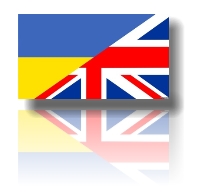
-
чудово, дякую!


про публікацію авторської розробки
Додати розробку
